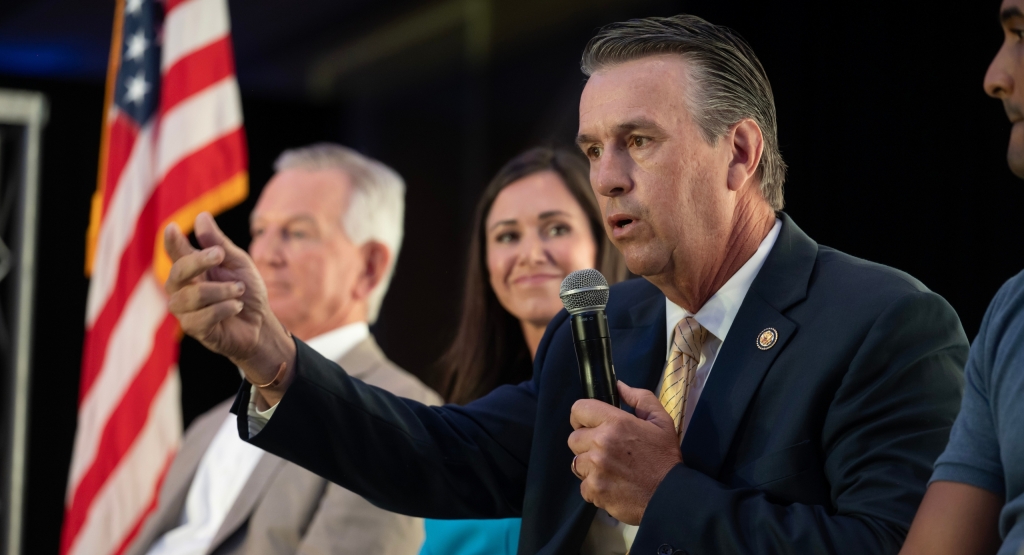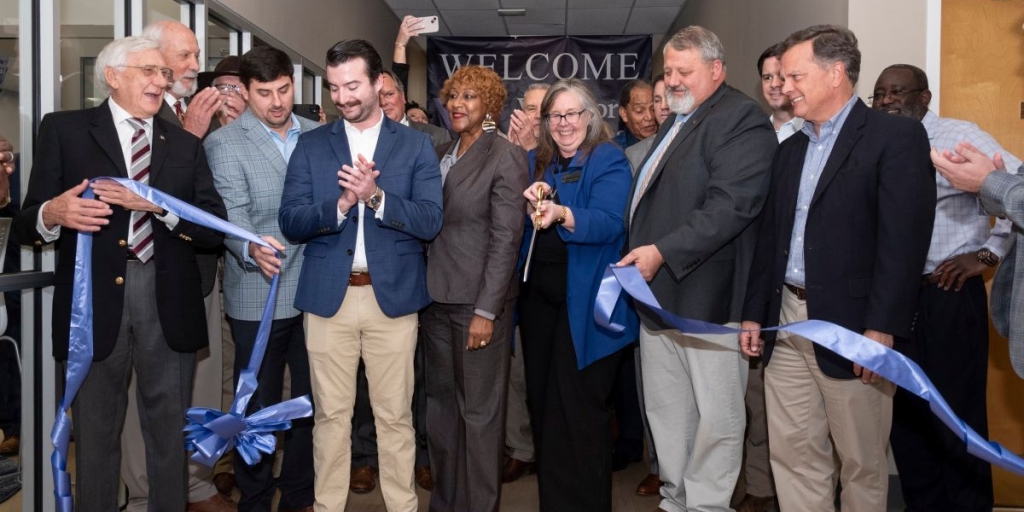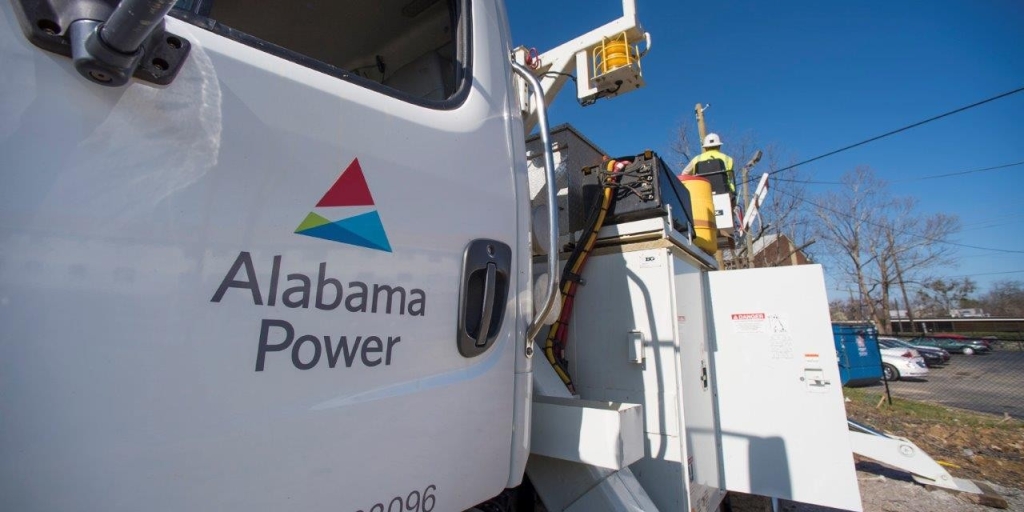As Mayor of Mobile, I have witnessed firsthand the challenges Alabama faces in attracting and retaining a strong workforce. Local businesses are eager to expand, and others are interested in locating to Alabama. However, our state’s critical shortage of affordable housing often stands in the way.
In the Mobile area alone, 6,362 new jobs are expected to be created over the next five years. Those new employees will need housing, preferably in our community, but rising housing and rental prices make affordable options challenging to find. Interest rates are also continuing to reduce the purchasing power of most families. In coastal communities like ours, the increased cost of homeowner’s insurance due to wind coverage is also a compounding factor. This isn’t just a Mobile problem, though. It’s a statewide issue that is hindering economic growth across Alabama.
The lack of adequate workforce housing – safe and affordable homes for working families – discourages people from entering the workforce or relocating for job opportunities. Housing is the largest expense for most families, and when it becomes a significant burden, career decisions can become much more complex. Thankfully, there is a possible solution on the horizon.
Rep. Cynthia Almond of Tuscaloosa and Sen. Chris Elliott of Josephine have proposed the Workforce Housing Tax Credit Act. If passed, this tax credit would incentivize the development of affordable housing units specifically for working-class families. That is why this bill has bipartisan support.
At its core, the program leverages the existing federal Low-Income Housing Tax Credit (LIHTC) program. By offering an additional state tax credit, Alabama can capitalize on untapped federal resources and unlock additional private investment. This would make workforce housing projects financially viable for more developers and maximize the impact of public resources by attracting private capital.
Here’s how the program would work. The state tax credits would be available to investors in multifamily developments that commit to capping rental rates at 30 % of the eligible income for working-class families. That rate would be established by 60% of the area’s median income. To receive the federal and state tax credits, private investors would put capital into these critical projects. Ordinary mortgage financing would be used, too. Think of it as a partnership – the state and federal governments offer a tax incentive, and developers invest in much-needed affordable housing.
The program is designed to be responsible and efficient. It avoids creating more bureaucracy because the administrative pieces are already in place. The Alabama Housing Finance Authority (AHFA) already administers federal tax credits, making it the perfect agency to manage this initiative. Additionally, the program would sunset after a pilot period, ensuring its effectiveness is evaluated before the state makes any long-term commitment. It should be an easy decision for Alabama.
The benefits are undeniable. Economic impact studies show that for every dollar invested by the state, there’s a return of $7.30 in economic activity. That translates to over 3,100 new jobs and $1.1 billion in economic growth that would be spurred by the development of much-needed workforce housing. Early projections indicate that this program could also create as many as 2,500 new or rehabilitated housing units across Alabama — directly addressing our workforce housing shortage. Twenty-nine other states, including Georgia, South Carolina, and Texas, have adopted similar programs. Ours should be next.
It’s not just about numbers; it’s about people. It’s about families being able to afford to live near good job opportunities so they can contribute to our communities and build a brighter future for themselves. By working together, we can create a thriving Alabama where businesses flourish and our workforce has the housing they need to succeed.
I commend Governor Ivey, Lt. Gov. Ainsworth, President Pro Tem Reed, and Speaker Ledbetter for their collective leadership in providing solutions to Alabama’s workforce challenges. Let’s join forces to support the Workforce Housing Tax Credit Act. It’s a responsible investment in Alabama’s future.
Now is the time to support the workforce our state desperately needs by building more workforce housing.
Sandy Stimpson has served as the Mayor of Mobile, Alabama since 2013.













